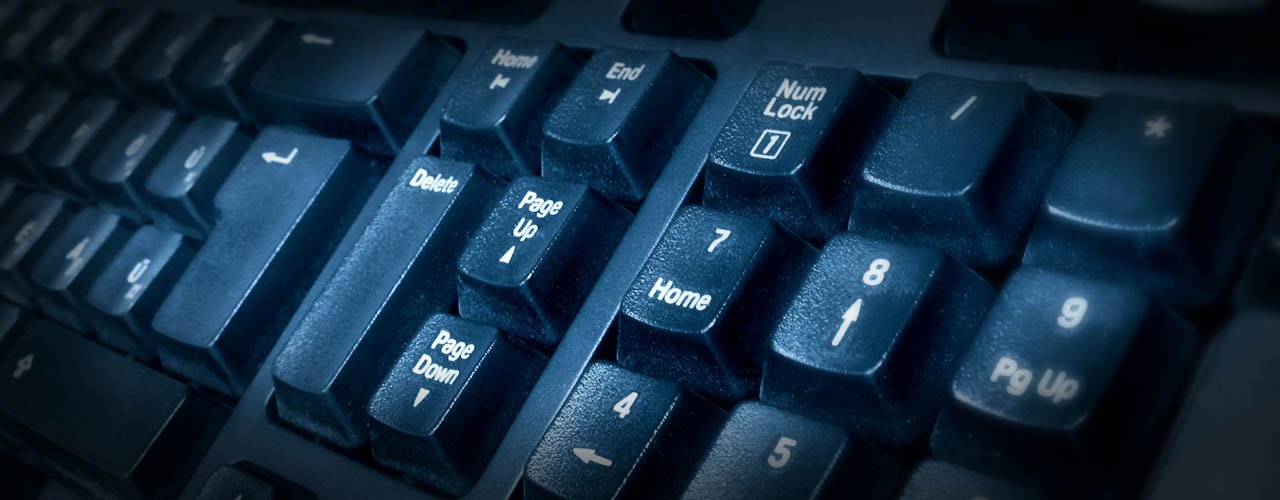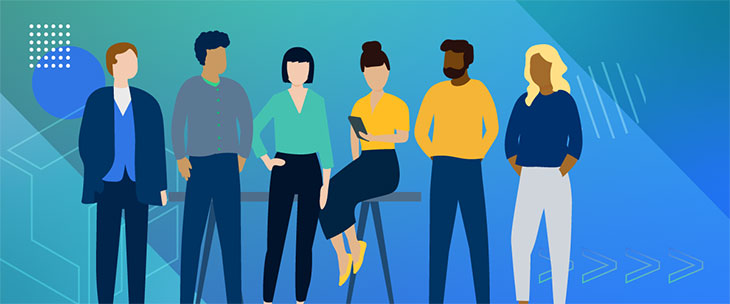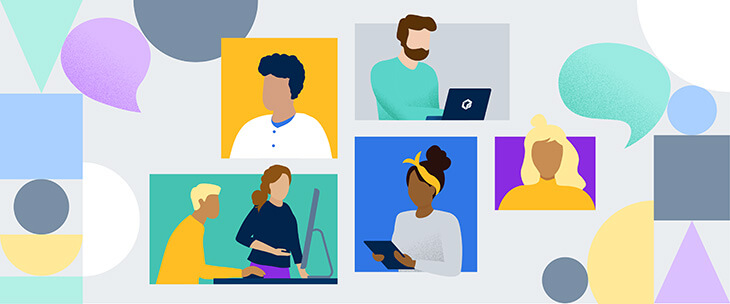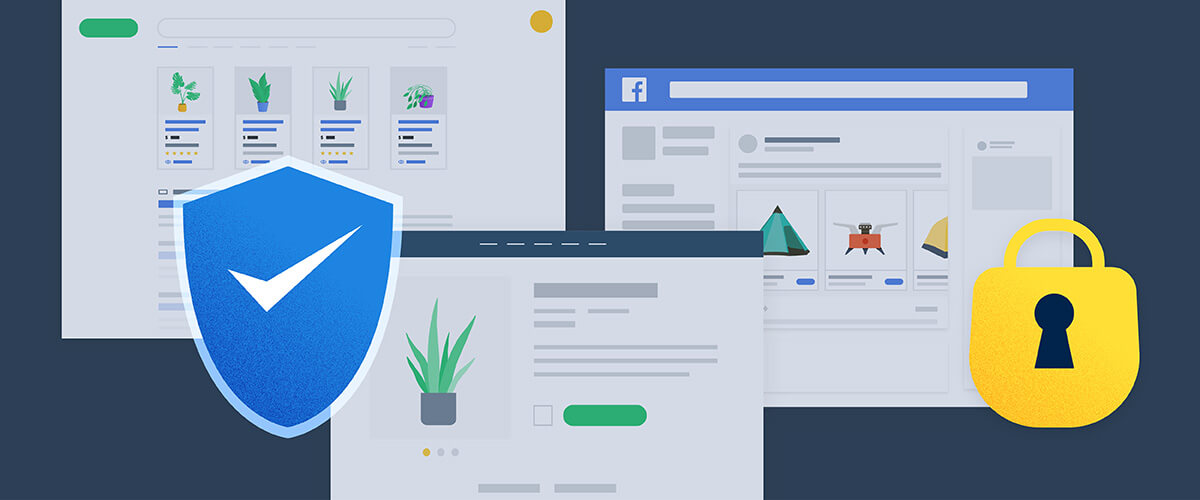Nobody likes drama in their life, especially when it comes online, but there’s something about the free-for-all nature of the Internet that brings out the worst in people. If you want to reduce the stress of it all, follow these tips:
Reputation Management: This is just a fancy way of saying “be smart about what you put on the web.” It’s important to remember that any time you share a photo, idea, or personal detail online it’s almost impossible to take it back. And when each post is added up, they can paint a self-portrait that may not be too flattering. Follow these guidelines
Think before you share – If you’re about to send a risqué picture to your boyfriend, ask yourself how you’ll feel if he shares it with all his friends, and then they share it with all theirs. If there’s a question in your mind about a post, it’s probably a good idea to keep it offline.
Curate your identity – Your social accounts create an online profile that reflects your posts. Do you want to be known as smart, kind, and interesting? Or petty and vindictive? Each of your posts is a component of your online identity. Make sure they fit together in a flattering way.
Watch out for your friends – If you see a post about a friend that’s negative or hurtful, let your friend know, and don’t contribute to the cycle by sharing or liking. If you make a habit of protecting your friends, they’re more likely to protect you when necessary.
Cyber-Bullying: Bullies thrive in unstructured environments and nothing is more unstructured than the Internet. Everyone has heard of cyber-bullying with many falling victim to it. But how can you protect yourself from abuse?
Check your privacy settings – Are your accounts locked down? Who can see your posts? Who can comment? Do you even know where the privacy settings are located? Educate yourself about social privacy and limit access to your accounts to the people you trust.
Only friend your friends – Don’t blindly accept friend requests. Make sure you only include people in your social circles that you know to be positive influences.
Take action against bullies – If you are being bullied online, don’t ignore it. Block the bully on all your accounts and report their behavior to the social network you’re using. If the cyber-bully goes to your school then report them to your school administration.
Stranger Danger: Online risk doesn’t always come from your peers. There are bad people in the world who use the Internet with the intent of hurting others. To protect yourself, it’s important to guard yourself against strangers you meet online.
Again, privacy settings – Just like bullies, knowing and using your privacy settings can reduce your risk. Lock your accounts down, and only give access to those you trust.
People lie. Be suspicious – On the Internet, people aren’t always who they say they are. It’s easy to create a false social identity so don’t take them at face value.
It’s possible that the thirteen-year old girl you’re chatting with on Facebook Messenger is actually a guy in his fifties. Never share personal information with people you don’t know and never agree to meet a stranger in person.
Stop, block, and report – If you are communicating with someone online and the conversation turns inappropriate, tell your parents immediately, then block the user and report them to the social network. Your parents may need to report the incident to law-enforcement.
Life is complicated enough without online drama making it worse. However, smart and careful use of the Internet can help reduce your risk.
Note about the author: Tony Palazzo is the Vice President of Marketing for Logical Position — a digital marketing agency that helps businesses with their online visibility and image. The Oregon-based company recently expanded into Henderson, Nevada and is currently hiring up to thirty full-time workers in the area.

Logical Position, an Inc. 500 digital agency supporting 5,000+ clients across North America. LP is the proud recipient of Google’s Lead Generation Premier Partner of the Year and Microsoft's Global Channel Partner of the Year 2024! The award-winning agency offers full-service PPC management, SEO, Paid Social, Amazon and Creative Services for businesses large and small. As a Google Premier Partner, Microsoft Elite Partner & Meta Business Partner, LP is in the top 1% of ad spend managed across platforms.



